Education has a central role in the green transition
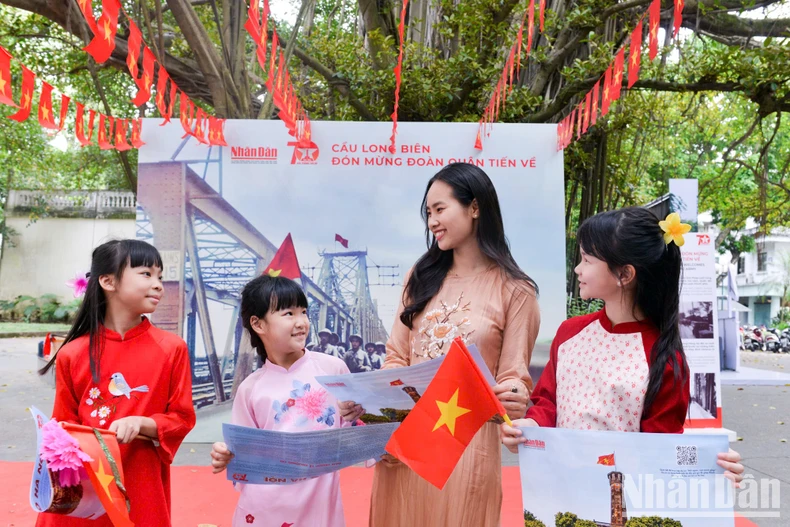 |
Primary school students and teachers. (Illustration: SON BACH) |
On April 17, information from the Ministry of Education and Training said that within the framework of the 4th Partnership for Green Growth and the Global Goals (P4G) Summit, at the Ministerial-level discussion sessions, Vietnamese Deputy Minister of Education and Training Nguyen Van Phuc chaired the discussion session with the theme "Investing in people - Building a workforce for the future economy".
Attending the discussion session were representatives of leaders of ministries and branches of several countries, representatives of international and regional organizations, research institutes and business communities of various countries, and leaders of several ministries and branches of localities in Vietnam.
The fourth P4G Summit is the first international conference hosted by Vietnam in the field of green growth and sustainable development. The conference takes place in the context of peace, cooperation, sustainable development, and promoting green growth, which continues to be a major trend in the world and a priority in the policies of Vietnam and many countries around the world.
Speaking at the opening of the meeting, Deputy Minister Nguyen Van Phuc emphasized the central role of education in the green transition and achieving the goal of net zero emissions by 2050.
According to the Deputy Minister, in the context of the world entering a period of comprehensive and urgent green transformation to respond to climate change, Vietnam clearly identifies the key role of people - human resources - in all development strategies.
“A skilled, creative workforce that can adapt to the new requirements of the green economy is a decisive factor in the success of the Net Zero goals, sustainable and inclusive growth,” the Deputy Minister emphasized.
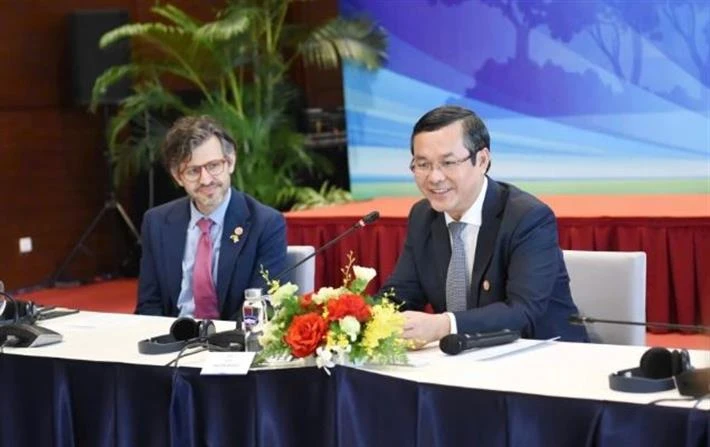 |
| Deputy Minister of Education and Training Nguyen Van Phuc at the discussion session. (Photo: VOV; Ministry of Education and Training) |
According to the sharing at Session 4, Vietnam has been synchronously implementing many major policies on education and training to prepare for a green and digital economy. One of the outstanding contents is the "Education Development Strategy to 2030, vision to 2045", in which university autonomy and digital transformation are two strategic breakthroughs.
At the secondary level, Vietnam is building an open, equitable, inclusive education system that promotes lifelong learning. Accordingly, the primary school completion rate is currently 99.7%, lower secondary school 99% and upper secondary school 95% - indicators that are close to those of developed countries in the region.
At the vocational and university levels, training programs in key areas such as renewable energy, biotechnology, green construction, organic agriculture, waste management, etc. are being strongly modernized.
To prepare for a green and digital economy, Vietnam has been synchronously implementing many major policies on education at the university and general education levels, as well as key vocational training programs, promoting green education models.
The network of teacher training colleges and universities is being restructured to improve quality, integrate internationally, and train in cutting-edge technologies such as artificial intelligence, semiconductors, and high-speed railways.
Vietnam is also implementing key vocational training programs at the national and ASEAN levels, and promoting international cooperation in developing materials, training programs and green education models.
People at the centre of the green transition
"Vietnam's green transition is always people-centered by creating sustainable employment opportunities, ensuring workers can access jobs in the green economy, and improving the quality of life through clean technology, renewable energy, and green cities," Deputy Minister Nguyen Van Phuc emphasized.
Talented human resources in STEM fields are an important driver of sustainable growth; developing a green workforce.
In particular, Vietnam focuses on retraining and upgrading green skills in communities affected by industrial transition; encouraging education-business partnerships to link training with green activities.
Vietnam also considers talented human resources in STEM fields as an important driving force for sustainable growth; seeks global partnerships to develop comprehensive models for developing a green workforce.
Domestic and international delegates focused on discussing three main topics: Identifying the gap between existing occupations and skills and new occupations and skills for the green transition; Specific policies to prepare human resources for a green future; Successful cooperation models between the government, businesses and domestic and international organizations to build a green workforce.
In particular, the growing gap between current workers' capabilities and the requirements of new occupations in the context of dual transformation: digitalization and greening, is not only taking place in developing countries but is also a challenge for industrialized countries.
Education, accordingly, is no longer a “traditional closed system” but needs to become an “open, flexible learning ecosystem” linked to the labor market and production practices. Many three-party cooperation models: State - Enterprise - Training Institution (tripartite model) are also emphasized as an effective direction, aiming to both design training programs that are close to practical requirements and support students to access practice, internships and easily retrain or improve skills during the working process.
Source: https://nhandan.vn/viet-nam-trien-khai-nhieu-chinh-sach-giao-duc-cho-nen-kinh-te-xanh-va-so-post873327.html



![[Photo] T&T 1 and Ho Chi Minh City 1 People's Police Teams won the men's and women's team championships](https://vphoto.vietnam.vn/thumb/1200x675/vietnam/resource/IMAGE/2025/5/22/39db06ae67cb4001b7a556e8d9a56d07)
![[Photo] General Secretary To Lam chairs a working session with the Central Internal Affairs Commission](https://vphoto.vietnam.vn/thumb/1200x675/vietnam/resource/IMAGE/2025/5/22/3b7790f499da45b2803d8ae253207ef1)

![[Photo] Prime Minister Pham Minh Chinh chairs meeting on draft Resolution of National Assembly on International Financial Center in Vietnam](https://vphoto.vietnam.vn/thumb/1200x675/vietnam/resource/IMAGE/2025/5/22/d398664ff1a140629169ea5a24e1b4d0)
![[Photo] Press delegation meeting to visit Truong Sa and DK1 Platform](https://vphoto.vietnam.vn/thumb/1200x675/vietnam/resource/IMAGE/2025/5/22/6b8d232877ec421a9e8187d83b9f8006)


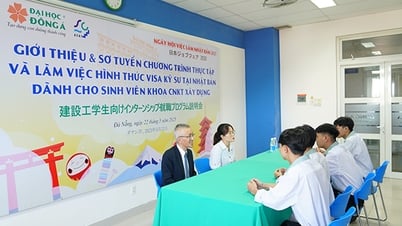



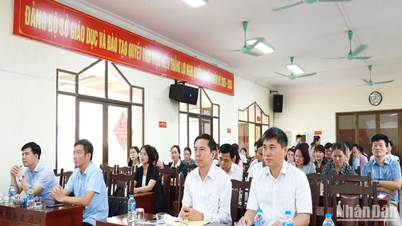
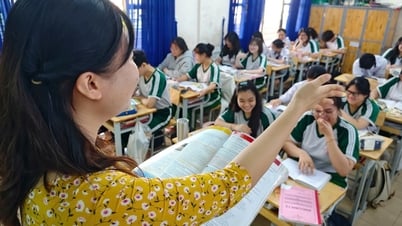

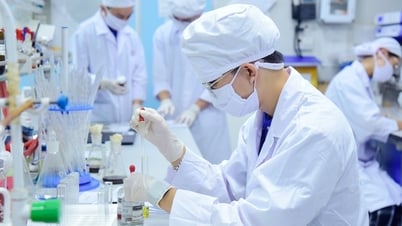





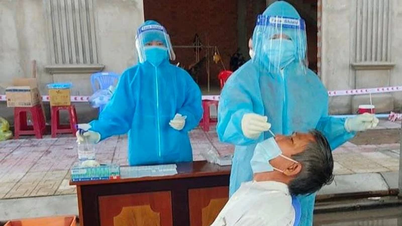
![[Photo] T&T 1 and Ho Chi Minh City 1 People's Police Teams won the men's and women's team championships](https://vphoto.vietnam.vn/thumb/402x226/vietnam/resource/IMAGE/2025/5/22/39db06ae67cb4001b7a556e8d9a56d07)
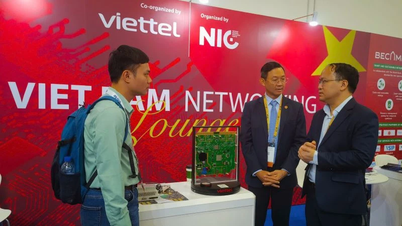
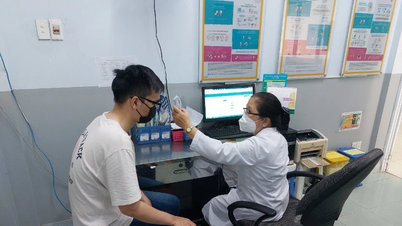
![[Photo] Prime Minister Pham Minh Chinh chairs meeting on draft Resolution of National Assembly on International Financial Center in Vietnam](https://vphoto.vietnam.vn/thumb/402x226/vietnam/resource/IMAGE/2025/5/22/d398664ff1a140629169ea5a24e1b4d0)
![[Photo] Press delegation meeting to visit Truong Sa and DK1 Platform](https://vphoto.vietnam.vn/thumb/402x226/vietnam/resource/IMAGE/2025/5/22/6b8d232877ec421a9e8187d83b9f8006)
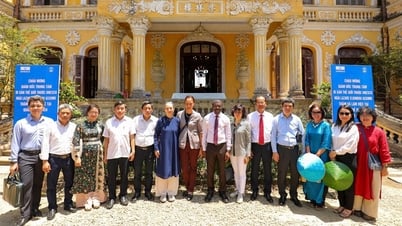








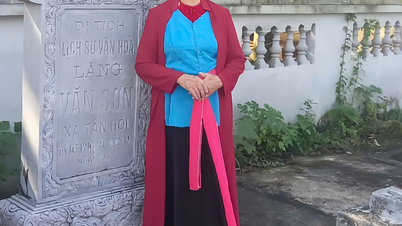












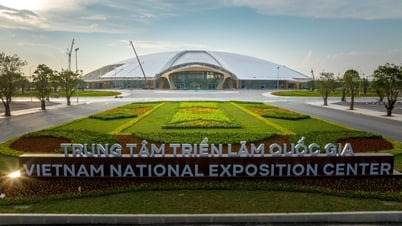

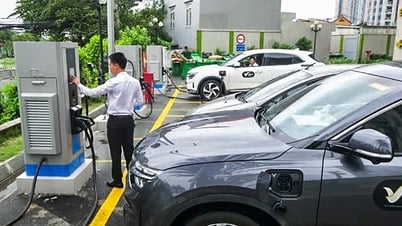
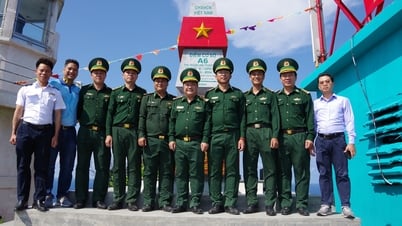






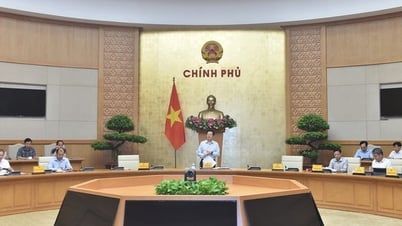

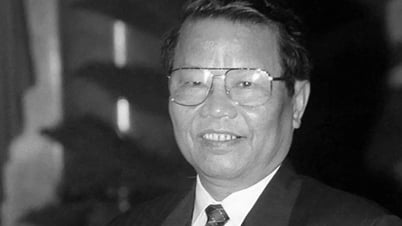
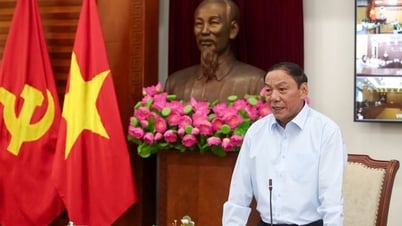
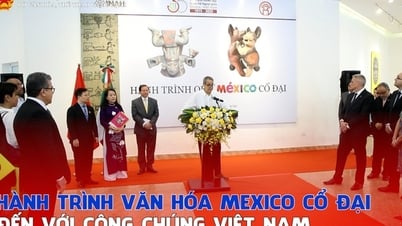


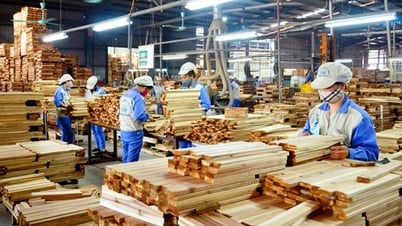
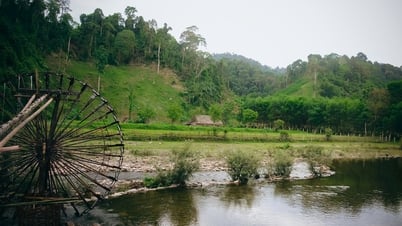






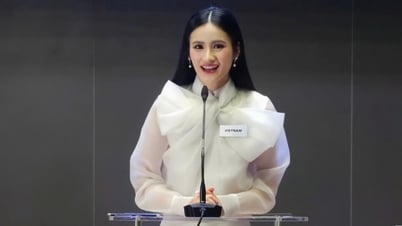





![[Podcast] Week introducing more than 500 OCOP products in Hanoi](https://vphoto.vietnam.vn/thumb/402x226/vietnam/resource/IMAGE/2025/5/22/d144aac2416744718388dbae3260e7fd)





Comment (0)